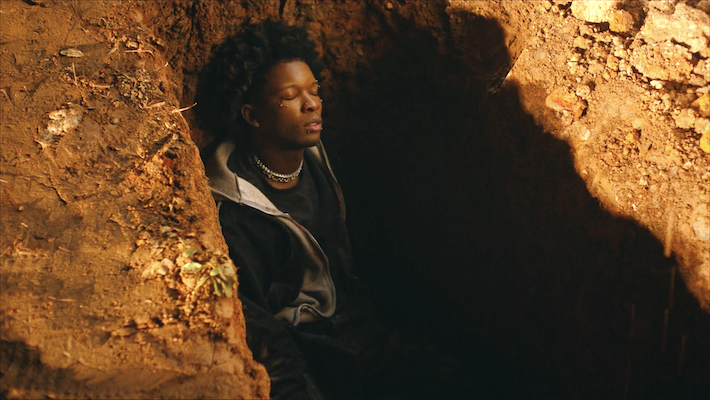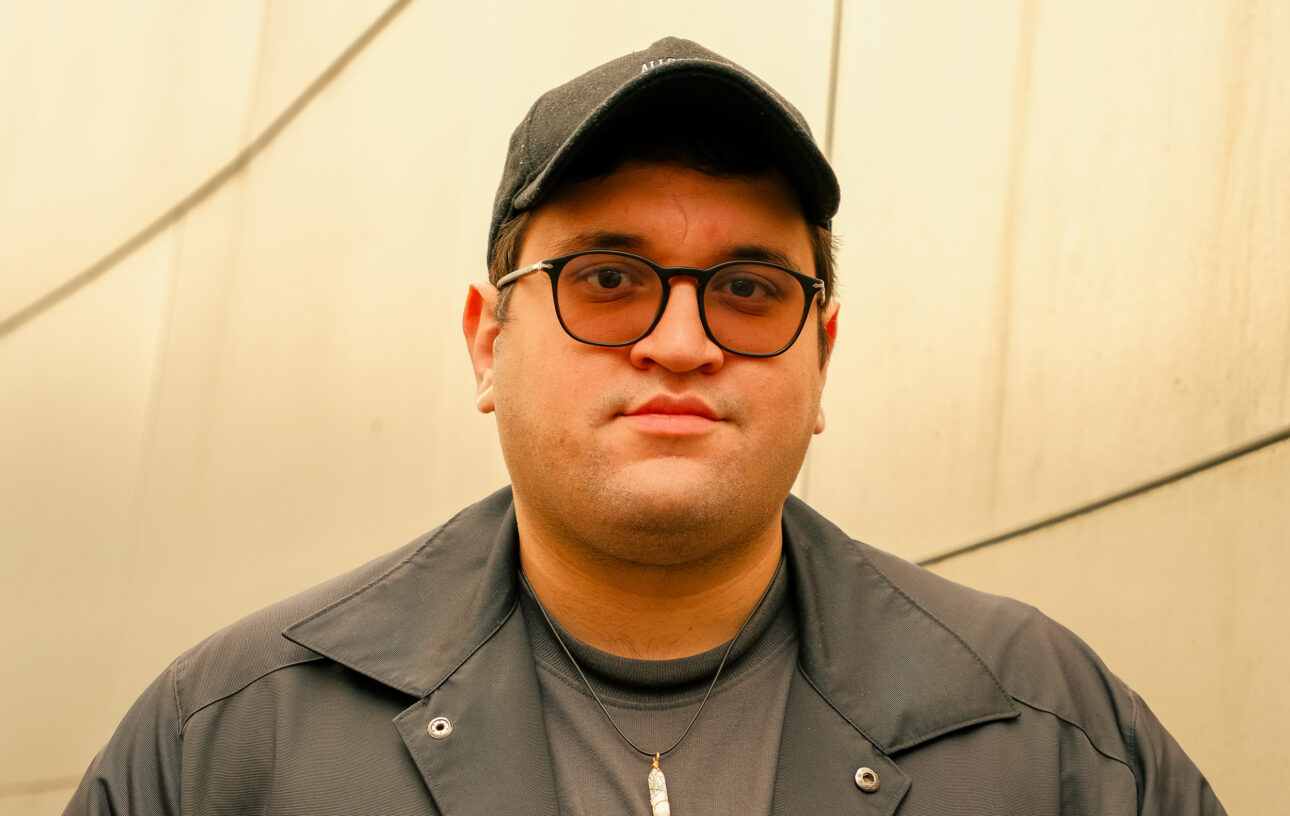Human-like teeth successfully grown in a pig’s mouth
Researchers believe lab-grown teeth could one day serve as an alternative to synthetic dental implants. The post Human-like teeth successfully grown in a pig’s mouth appeared first on Popular Science.

For the past two decades, scientists have been manipulating genes to grow human cells where you wouldn’t quite expect them. Human ears and skin have famously been grown on mice. More recently, early-stage human kidneys have even been grown in pig bellies. The world of bioengineering isn’t for the faint of heart.
Much of this tinkering is done in the service of one day using genetically modified animals to create spare organs and tissue for human patients lacking access to donors. Now, according to a study published in the journal Stem Cells Translational Medicine, researchers have shown it’s possible to cultivate lab-grown human teeth cells inside of a pig’s mouth. The researchers believe these findings could one day lead to the development of biological tooth substitutes that could be used in place of imperfect synthetic dental implants currently used. The paper’s findings were first spotted by MIT Technology Review.
Dental researchers from Tufts University took cells from the dental pulp of a human tooth and mixed them with cells from the enamel of a pig tooth and seeded them onto a “scaffold.” It was then grown in vitro in a bioreactor for a week to help the cells multiply. The newly reconstituted tooth germ, part human and part swine, was then implanted in the mandibles of several test pigs. When the researchers checked back in on the pigs several months later, they “observed the formation of tooth-like tissues.” The pig’s mouth revealed its ordinary sharp, tusk-like canines saddled up beside smaller, slightly more human-looking teeth nubs. In theory, a similar process could play out in humans. As Popular Science previously reported, scientists believe it may be possible to “seed” a tooth construct within human gum tissue and eventually have it grow into a fully formed tooth. This approach is risky though. Teeth cells that continue growing indefinitely could become cancerous.
[ Related: Could we ever regrow our adult teeth? ]
Synthetic dental implants aren’t perfect
Dental implants, typically fabricated from titanium or titanium alloy and then screwed into a patient’s jawbone, have become more popular alternatives to dentures in recent years. Research conducted by the National Institute of Health indicates that the trend towards more dental implants will continue. But even though implants are better than no tooth at all, they aren’t perfect. Repeated chewing on misaligned synthetic teeth can cause damage to the jaw bone and eventually cause the implants to fail. Bacteria on the implant can also lead to potentially dangerous infections. Natural teeth, by contrast, don’t need to be drilled and are instead tethered to the jaw via ligament tissues, which can, in theory, reduce the risk of jaw damage down the line. That’s where the idea of growing natural teeth in pigs comes in.

For their experiment, the researchers took six two-year-old adult mini pigs and surgically extracted their third incisor and first premolar teeth. (The mini pigs were chosen because their mandibles are similar in size and anatomy to that of humans). Researchers then placed the bioengineered tooth constructs, into the extraction holes. After two and four months the researchers checked back in and found evidence of successful teeth growth in around 50% of the pigs.
The experiment was a marked improvement over a previous test where they inserted the tooth constructs into two-month-old pigs. In that case, the researchers believe adult pig teeth coming in may have damaged or dislodged the hybrid constructs. That wasn’t an issue with the older pigs, however, since their mature teeth were already present.
“These significant modifications to our experimental approach allowed us to achieve a significantly higher rate of successful tooth regeneration,” the researchers write.
A path toward natural teeth alternatives
Though the results are promising, they likely won’t lead to usable tooth constructs for humans just yet. The teeth that did grow in the mini pigs didn’t reach a full human tooth size and likely wouldn’t stand up to regular use. Implantinga lab grown teeth into human is also an entirely different, and still novel challenge that wasn’t addressed here. Still, the results proved it is possible to grow bioengineered teeth cells, a notable development the researchers say may lay the groundwork for a “potential clinically relevant alternative” to synthetic implants down the line.
There are also signs human patients of the future might be receptive to that alternative. A 2018 Pew Research survey found that more than half (57%) of US adults considered it appropriate to genetically engineer animals to grow organs or tissues. That increased receptiveness to the technology means patients of the future, if presented with the choice of metal implants or a bioengineered alternative, might just opt for the version grown in a pig.
The post Human-like teeth successfully grown in a pig’s mouth appeared first on Popular Science.













































































